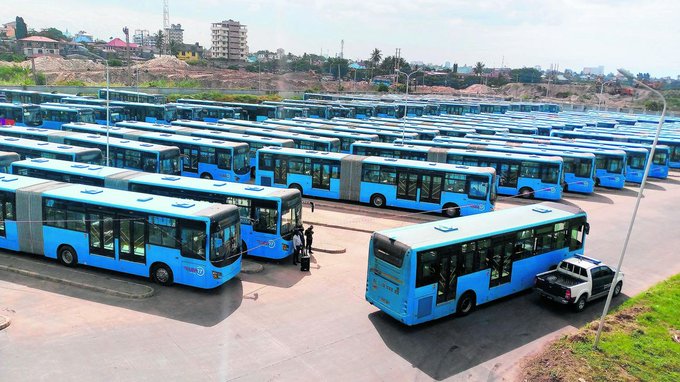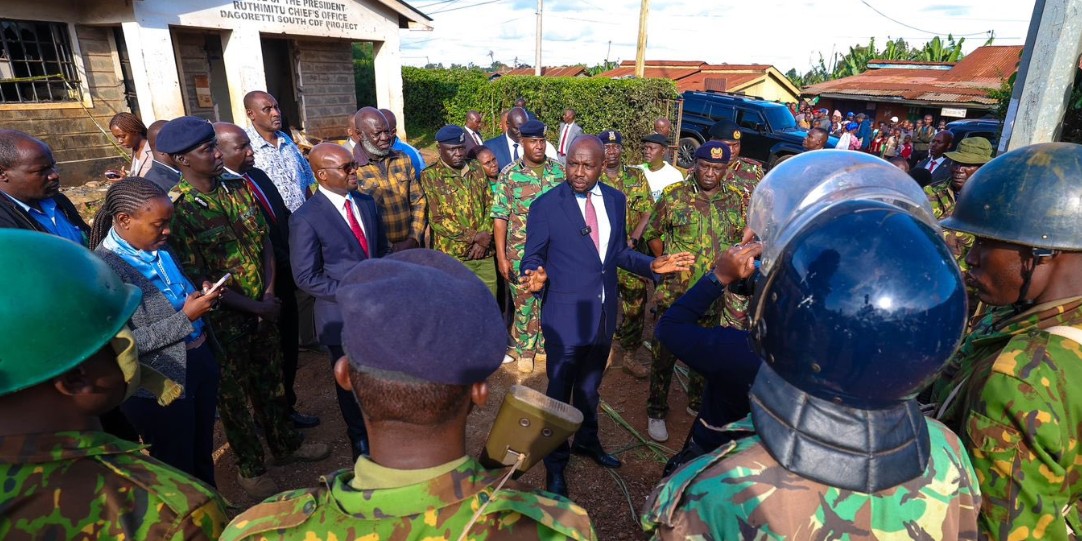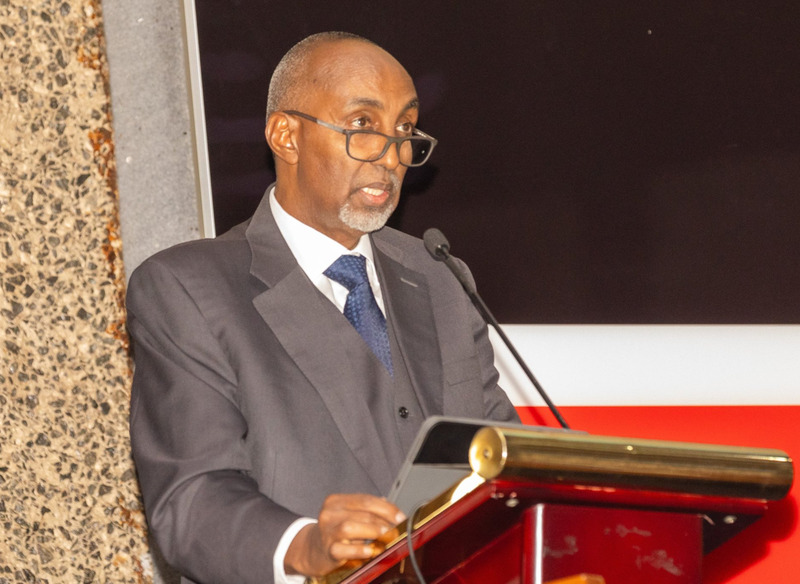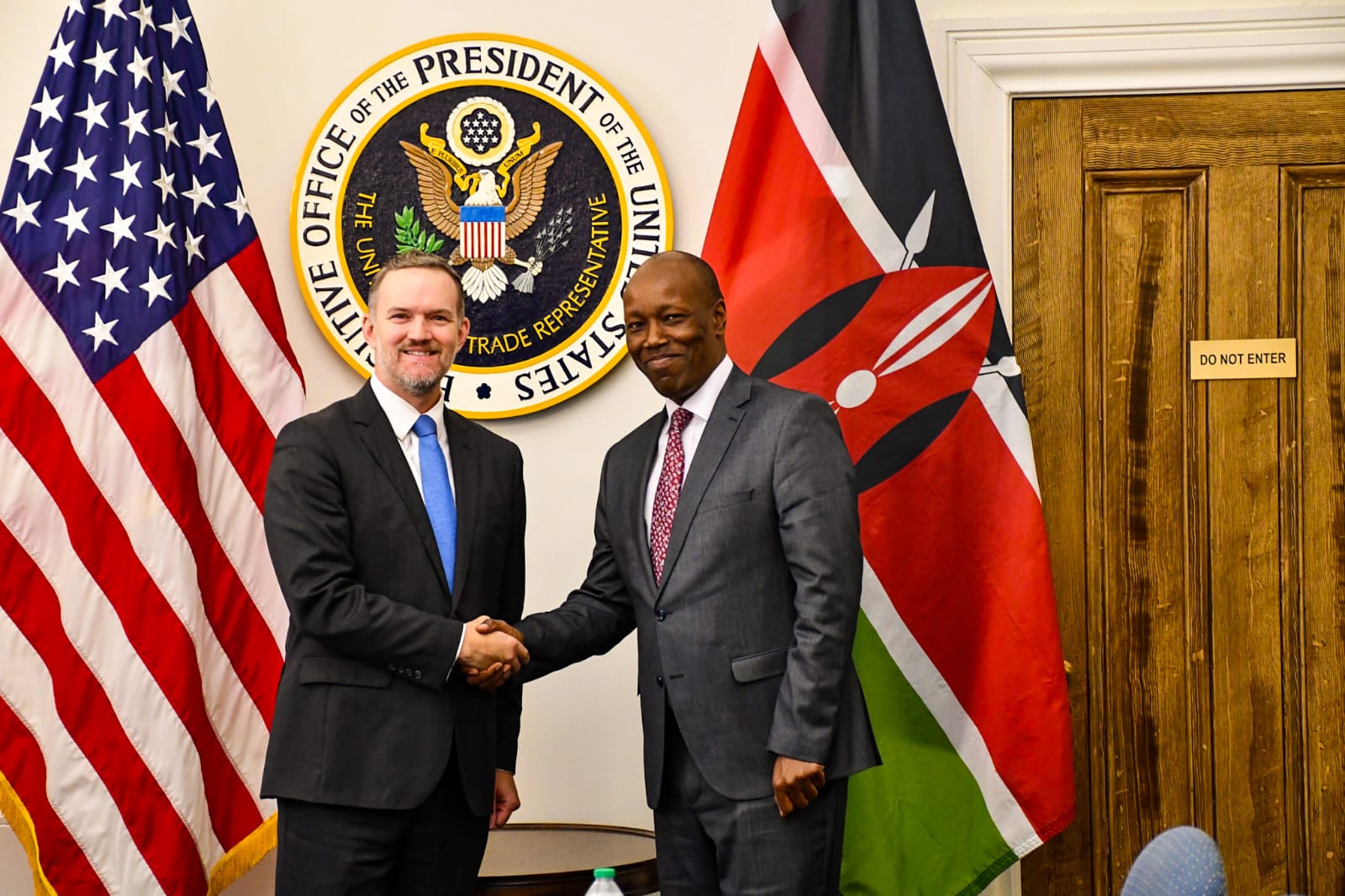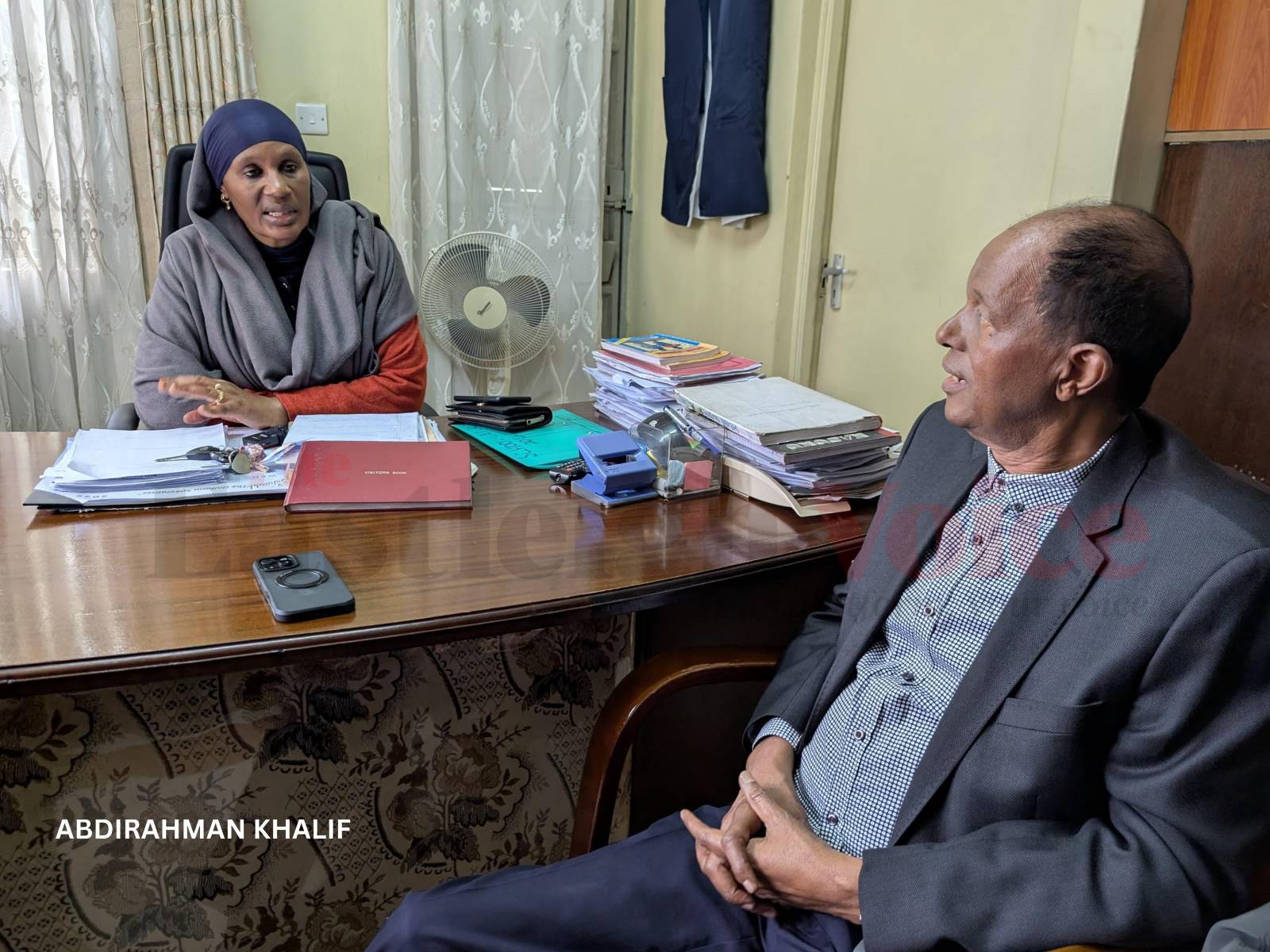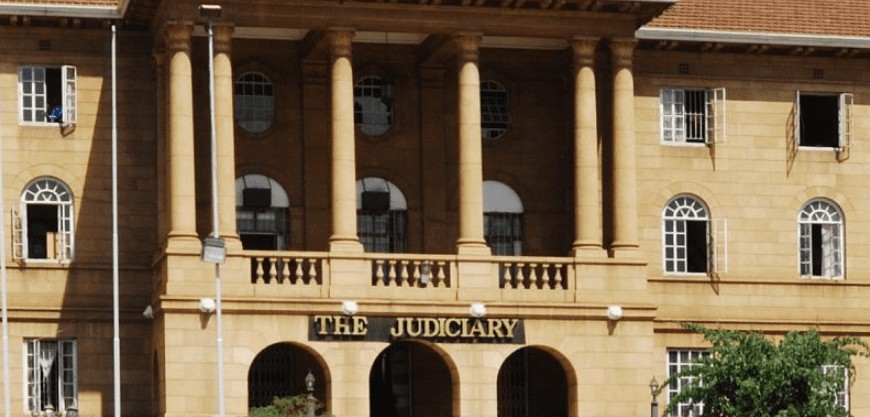TSC introduces automatic promotions for teachers every three years, scrapping interviews

Teachers joining the service at Grade B5 will move to Grade C1 after serving for three years.
The Teachers Service Commission has introduced a structured promotion system that will allow teachers in certain job groups to advance automatically every three years, doing away with the requirement for competitive interviews.
The new policy targets teachers in common cadre grades and applies to those with P1 certificates, diplomas, and bachelor's degrees. According to the commission, the automatic promotions are tied to satisfactory performance during the three years of service at each grade.
More To Read
- TSC unveils teacher promotion guidelines prioritising seniority, experience
- Teacher shortages worsen as KUPPET calls for fast-tracked promotions, recruitment
- Education stakeholders push for independent body to regulate teachers
- Audit: TSC yet to recover Sh211 million in teacher overpayments despite recouping Sh222 million
- Court orders TSC to resolve dispute with interdicted North Eastern teachers who fled terror attacks
- TSC raises alarm over fake job letters sold to desperate job seekers
Teachers joining the service at Grade B5 will move to Grade C1 after serving for three years. Those in Grade C1 will proceed to Grade C2 after another three years, while teachers in Grade C2 will be eligible for promotion to Grade C3 within a similar time frame.
“P1 Certificate holders; teachers appointed at Grade B5 are eligible for automatic promotion to Grade C1 after serving a minimum of three years, subject to satisfactory performance,” said the commission.
In its submission to the National Assembly’s Committee on Education, TSC clarified that diploma holders in Grade C1 will be promoted to Grade C2 and bachelor’s degree holders in Grade C2 will be promoted to Grade C3, each after completing three years of service.
“Bachelor’s degree holders; teachers serving in Grade C2 qualify for automatic promotion to Grade C3 after three years of service,” the commission said.
The commission said the policy is aimed at ensuring teachers are absorbed and promoted when they are still energetic and able to contribute effectively. It added that recruitment and promotion of teachers are based on a set of clear guidelines that align with budgetary capacity and the overall demand for teachers.
“TSC recruits registered teachers by the recruitment guidelines issued from time to time. The available vacancies are advertised based on the demand for and supply of teachers as per the existing establishments and budgetary provisions,” the commission said.
In explaining its broader recruitment and promotion procedures, the commission said its approach is guided by values of equity, inclusiveness, integrity, and accountability.
It stressed that it distributes teaching vacancies equally across the 47 counties to ensure fairness in employment opportunities.
TSC added that recruitment criteria take into account age, professional qualifications, years since graduation, and training under the Competency-Based Curriculum.
This ensures that both recent graduates and teachers who have waited for long are given fair consideration.
“There are existing policies on the maximum number of schools per region, ward or area and how the policies influence teacher recruitment and deployment to ensure equitable distribution of teachers in all schools,” said the teachers' employer.
The commission said its Teacher Recruitment Policy guides all decisions related to hiring and deployment. “The key principle driving recruitment and deployment of teachers is that the commission is an equal opportunity employer that abides by the tenets of the law espoused under the Constitution, the TSC Act, the Employment Act, the National Cohesion and Integration Act among other pieces of legislation,” said TSC.
The process begins with identifying areas that have a shortage of teachers. These vacancies are then fairly shared among counties and sub-counties, based on the level of need and the number of available positions. Once the distribution is done, the commission advertises the posts through newspapers and on its website.
“During this period, the teachers apply online via the TSC recruitment portal. Once the application period is over, the commission invites the shortlisted teachers for verification of academic certificates and other relevant documents at the sub-county offices or school level,” explained the TSC.
To bring services closer to the people, interviews are decentralised and conducted at the sub-county or school level in line with Article 6(3) of the Constitution.
The TSC said this makes it easier for teachers from all regions, especially those in remote areas, to access the process. “A uniform interview scoring guide is applied across all regions,” the commission said.
Top Stories Today




